
To mark its 15th anniversary, Centre Pompidou-Metz unveils “Endless Sunday,” an exhibition that stretches across the entire museum. Opening on May 8, 2025, the show brings together over 400 works from the Centre Pompidou’s national collection alongside nearly 40 works by Maurizio Cattelan himself. This project, co-curated by Cattelan and Chiara Parisi, constructs a dynamic narrative that moves through time and across disciplines. Structured as an ABC, the exhibition draws from literature, cinema, and art history to question our assumptions about culture, freedom, and the politics of display. The scenography, designed by Berger&Berger, uses the museum’s architecture to create a circular, flowing path that invites introspection.
ART
The title, “Endless Sunday,” encapsulates a day suspended between leisure and unrest, evoking rituals of rest, acts of rebellion, and cultural reflection. Cattelan reimagines Sunday’s paradoxes through works that range from historical artefacts to provocations. L.O.V.E., his colossal middle-finger sculpture, confronts visitors at the entrance, immediately setting a tone of subversion. The exhibition’s layout disrupts chronological order and traditional hierarchies, creating unexpected juxtapositions between pieces like Felix Gonzalez-Torres‘s “Last Light” and Meret Oppenheim’s “Old Snake.”
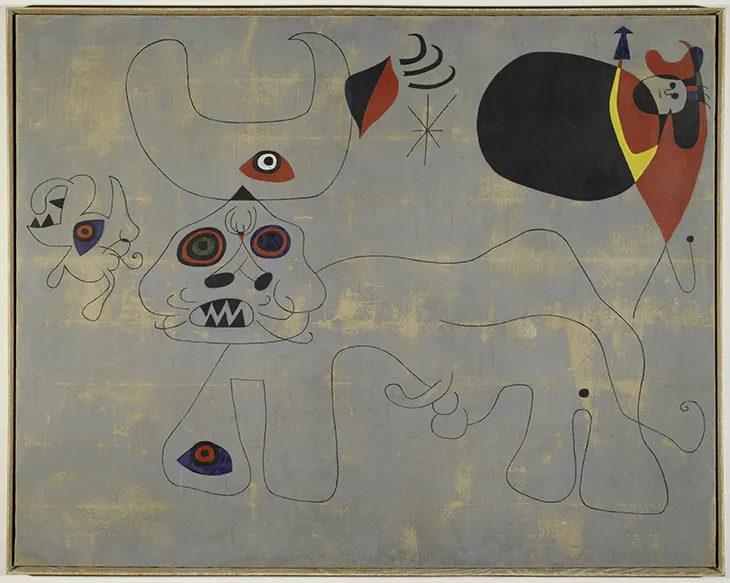
Galerie 1 focuses on political and aesthetic tensions. From Natalia Goncharova’s wrestlers to Otto Dix’s postwar reflections, the space presents Sunday as an arena of both conflict and transformation. Cattelan’s section “Quand nous cesserons de comprendre le monde” centers on his own work “Comedian,” dissecting the art market’s fetishism of the symbolic. Another key installation, the Round Table by Chen Zhen, stages a suspended negotiation: twenty-nine chairs from across the globe hover above the ground, inaccessible and symbolically detached. Nearby, Cattelan’s golden installation “Sunday” is pierced with bullet holes, a stark reflection on the American paradox of prosperity and gun violence.
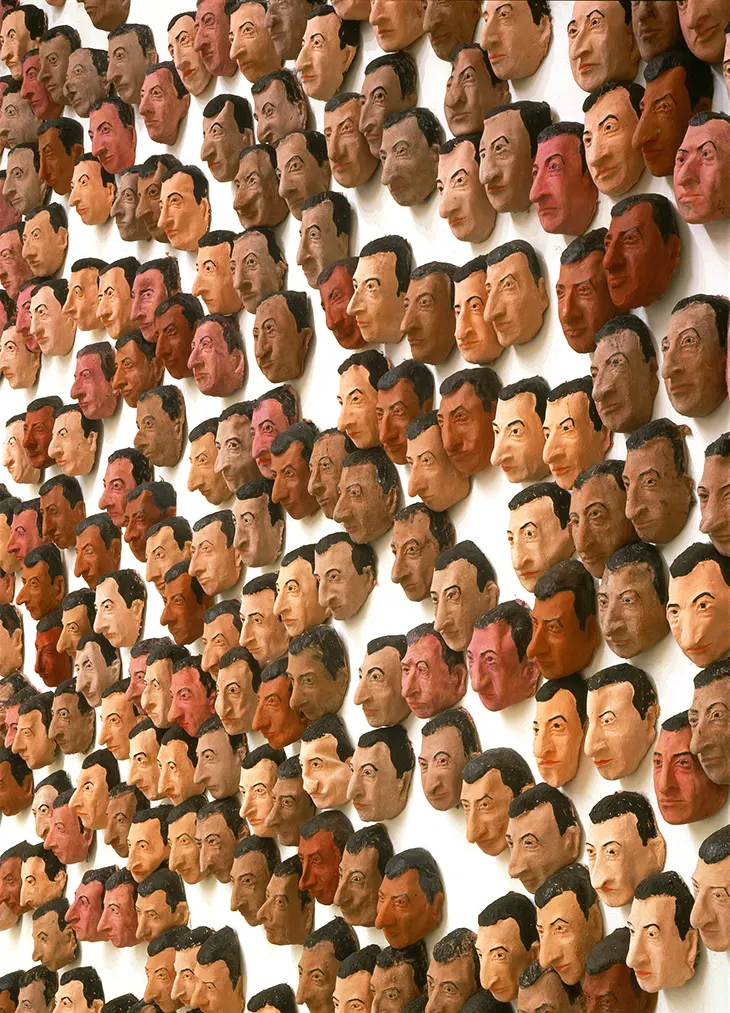
The show expands beyond the visual. Wall texts authored by Cattelan and inmates from the Giudecca women’s prison provide deeply personal and political commentary. Inmates from the Metz Penitentiary Center also participate as trained mediators, guiding tours and contributing to a larger discourse on reintegration and the role of art in society. Their inclusion is not symbolic but active, embodying the exhibition’s larger questions about who is allowed to speak, interpret, and belong.
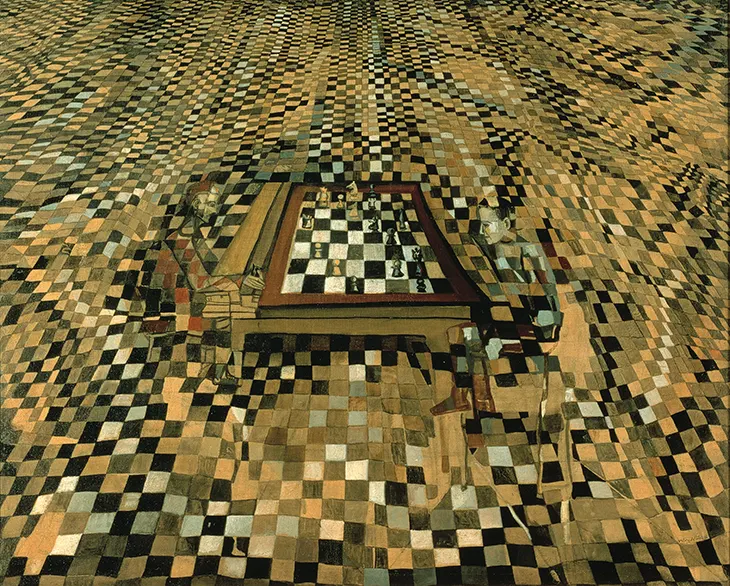
As a whole, “Endless Sunday” offers a rethinking of the museum format. With installations like Cattelan’s mini Wrong Gallery embedded within the exhibition and layered scenographies that destabilize the viewing experience, the show acts as a labyrinth of reflection. Through this sprawling collaboration between past and present, irony and sincerity, Centre Pompidou-Metz reasserts itself as a site of experimentation and thought.
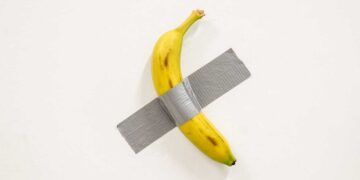













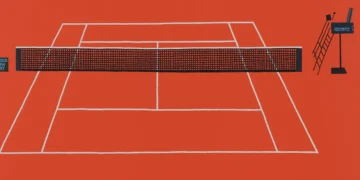
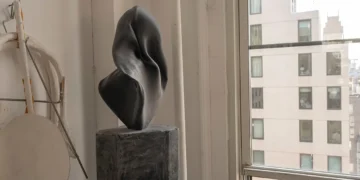
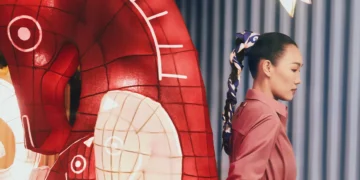
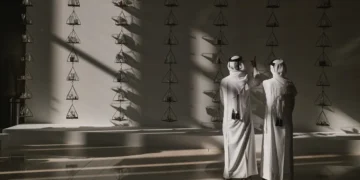


maurizio is the best!